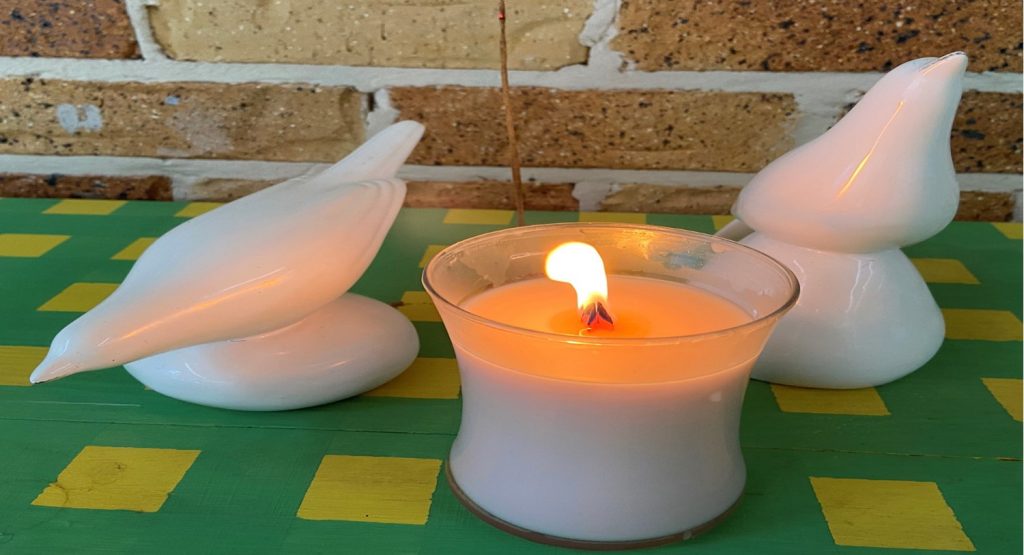
In the past, most people who were dying died at home and in many countries the deceased person was placed in the coffin in the front room, where they stayed until the funeral.
In our modern world. Funeral homes have replaced the front room and viewings are planned and something those paying for the funeral have to pay for.
Instead of home, death is hidden away in hospitals, nursing homes and palliative care units. It is less common for people to die at home.
WHAT TO DO IN THOSE EARLY DAYS
In my work I see many people in that initial stage of the death of a loved one. I see them either at critical incident debriefs, or as individual clients/family groups.
In that early stage the sense of unreality is so strong. It is hard to absorb the news. It is more about just surviving up to and including the funeral.
BE KIND TO YOURSELF
I always tell people to be kind to themselves. To not expect to be running around looking after other people. Instead I suggest they be really selfish and look to their own needs. Naturally, if they have children they need to caring for them, but with other people their needs come first.
I once had a client who had been upset that an acquaintance of her sister came to her mother’s funeral, then came up to her afterwards demanding she do things for him. He didn’t even acknowledge her mother’s death. She felt pressured to attend to his demands and upset at his intrusion on her mourning.
This is why I always remind people to put themselves and their needs ahead of funeral guests. Guests at a funeral are there to support, not demand.
HONOURING YOUR LOVED ONE AFTER THE FUNERAL
The other thing I talk to people about is how they plan to honour the life and acknowledge the death of their loved one. Funerals are not always good places to do that. In my experience the guests usually find the funeral helps them, but those really close to the person often need more than that.
So I always ask the question “what can you do to honour your loved one?”
People have many different ideas about what they do:
• One planned to light a candle every day for a period of time.
• Another planned to go to the beach on Sundays, which they had always done together.
• Another client planned to devise a commemoration ceremony to hold periodically after the death of their loved on.
• Many people report setting up a small altar in the home with their loved one’s ashes, photo, a candle and something they loved.
• Distributing the ashes is another way many people find helpful. Some do this on their own when they feel ready. Others will plan a day with close family and friends.
These are just some of the ways people commemorate the loss of their loved one.
They are not the only ways. There are as many commemorations as there are people experiencing grief.
The important thing is that you do something to acknowledge your loved one and their loss. It doesn’t have to be fancy. But it is helpful if it is meaningful for you.
If you would like to talk to me about how I can help you with your grief, please contact me on 0409396608 or nan@plentifullifecounselling.com.au
If you would like to learn more, I write a regular newsletter with interesting information, tips, information on courses, and the occasional freebie. At the moment I have a free mindfulness meditation for anyone who signs up to my newsletter. This meditation offers a way to safely explore your feelings and learn to be okay with them. If you would like to subscribe please click on the link here: http://eepurl.com/g8Jpiz
